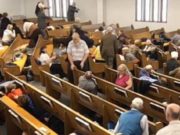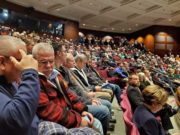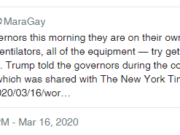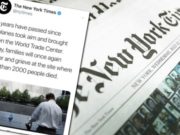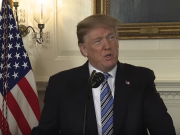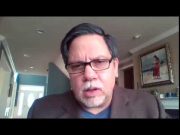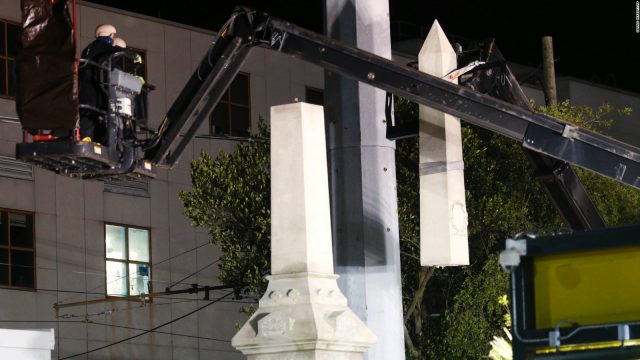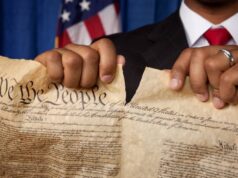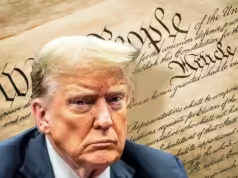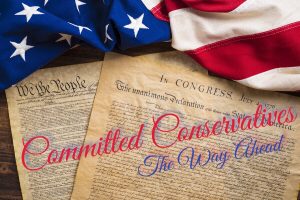US history is … His-story. Events and people in the past represent trillions of facts and even more stories. One power of history is the ability of some to control how, when, to whom, and if we tell those stories. Napoleon said, “History is a set of lies agreed upon.” Rewriting history is an age old practice from politicians to old friends telling fishing stories. In today’s society, we can’t even agree on current facts, how would we ever agree on event to which we never bore witness? There is a great danger when a society sets out to cleanse its history. The political opportunists of America have declared a War on History, and their aim is a politically motivated historical cleansing of facts and people they deemed unworthy.
“The most effective way to destroy people is to deny and obliterate their own understanding of their history.” — George Orwell
History’s greatest value is that it gives us an accumulation of knowledge. From history, we peer into man’s greatest triumphs and we see and expose his worst, most base instinct. With each passing generation, history hands down the sum of human knowledge. When we erase it, we reject knowledge. Some among us want to cleanse that part of our American history they find objectionable. Indeed, in some ways I find some of these facts and people to be objectionable too. Mankind moves forward, however, by embracing every flaw and working tirelessly to improve upon them.
In New Orleans, masked workers are taking down a confederate monument. They are wearing masks because they fear their identities will make them targets of outraged citizens. Other outraged citizens are removing the monument because they say it glorifies oppression and slavery. In 2017, I have never found an American leader or community that glorifies oppression and slavery in our country. It’s out there, all over the world, but not here. No one in New Orleans is waking up, walking past the four statutes, and thinking, I want to return to the years of slavery, oppression, repression, and selling of people as chattel.
Still, Americans, and in particular, Conservative Americans, ought to be far more sensitive to the reality that these symbols do represent a wound in hearts of many people of color. They are state symbols, authorized, erected, and put in place to both celebrate that which we would not celebrate now, and to intimidate those who at the time of their building were meant to be oppressed. We can’t deny that. We can’t simply say, “get over it.” We can’t merely point out, as I still do here, that these symbols do not now represent a celebration or a point of intimidation.
In an educated, sophisticated, intelligent, diverse, civil society, we need to make the case that symbols are and remain important to our history and our growth. Tearing them down does not remove what happened. Destroying or displacing them does not un-celebrate or un-intimidate those who lived under them. Tearing them down is an emotional, political response some think will right ancient wrongs … wrongs that can’t be righted through historical cleansing.
Crime won’t stop in New Orleans when the statues come down. Drugs won’t leave New Orleans when the statues come down. Welfare, joblessness, broken homes, and yes … racial anger and animus will not end when the masked workers haul these stones away.
So what then is the point? How does this act of historical cleansing and retribution improve New Orleans? It doesn’t.
I am a conservative. I believe in local control. I am not here to lecture the people of New Orleans on what is right for their community. Tear down those statues if you want, you have every right to do so. I merely ask you, to what end? For what purpose? How does this help you?
The answer to every human failing is the ability to accept, understand, and learn from our mistakes and those who come before us. Those statues, to a former professor like me are no longer tributes or points of intimidation. They are lessons. They are critical opportunities for intelligent and sometimes painful discussions. They are who we were, and they are a part of the journey that made us who we have become. More importantly, they stand as an opportunity to help lead us to be better than we are now and certainly better than we were in the past.
New Orleans is a great destination on the bucket list of Americans. It is so because of its amazing history and culture. I just found out that a friend I coached just a few years younger than me owns a bar on Bourbon street. That’s a long way from home for a few New Jersey boys. When I go there, it won’t be to see and celebrate oppression or slavery. No one goes there for that. People go there to see the amazing culture and life formed and shaped through, by, and in-spite of its history.
You can re-write your history and cleanse it from your city limits. You can call out a public beat-down on these people, and the people who glorified them. It changes nothing for you today, other than losing the opportunity to learn, grow, teach, and improve your community by learning from history, rather than ignoring it.
Cultural Marxism is a retributionist ideology that seeks to scrub unwanted history both for current political purposes, and to rob from Americans stories some think ought not be told. If we are to learn from history, we cannot bury part of the equation and then hope it all still adds up.
The war on history is a war on thinking and learning. No small American city will prosper in that fight. Embrace your history, learn from it, and reject the siren call of political profiteers who are selling you redemption through retribution born of cultural Marxism.
Author: Richard Kelsey
Richard Kelsey is the Editor-in-Chief of Committed Conservative.
He is a trial Attorney and author of a #11 best-selling book on Amazon written on higher education, “Of Serfs and Lords: Why College Tuition is Creating a Debtor Class”
Rich is also the author of the new Murder-Mystery series, “The ABC’s of Murder,” book one is titled, “Adultery.”
Rich is a former Assistant Law School Dean and Law Professor. At Mason Law Kelsey conceived of, planned, and brought to fruition Mason’s Center for the Protection of Intellectual Property, known as CPIP, drawing on his expertise as a former CEO of a technology company specializing in combating cyber-fraud.
In 2014 he was elected by the graduating class as the faculty speaker at their graduation.
He is a regular commentator on legal and political issues in print, radio and on TV. Rich has appeared on hundreds of stations as a legal expert or political commentator. He provided the legal analysis for all stages of the Bob McDonnell trial and appeal for numerous outlets including NPR and WMAL.
Rich also writes on occasion for the American Spectator and CNSNews.com.
In his free time, Rich is part of the baseball mafia of Northern Virginia, serving on numerous boards and as a little league and travel baseball coach.
His Twitter handle is @richkelsey.





